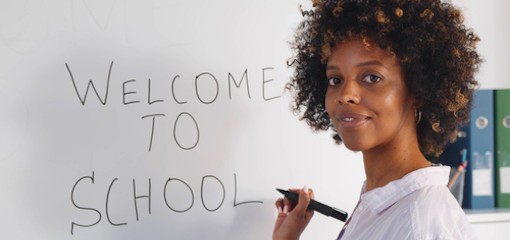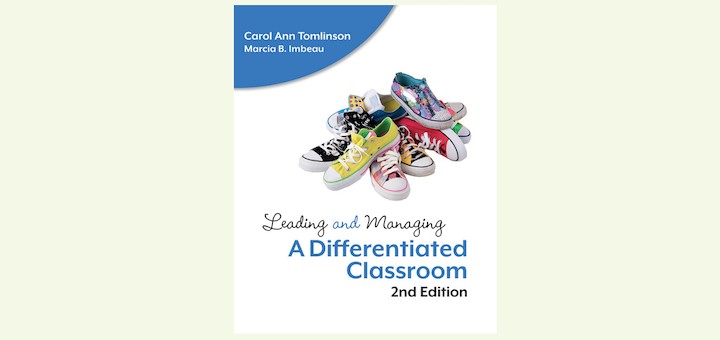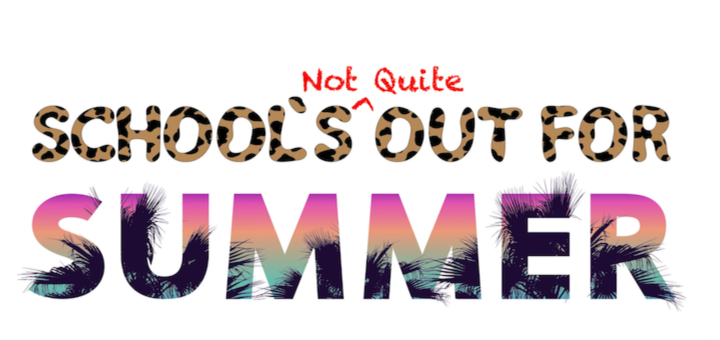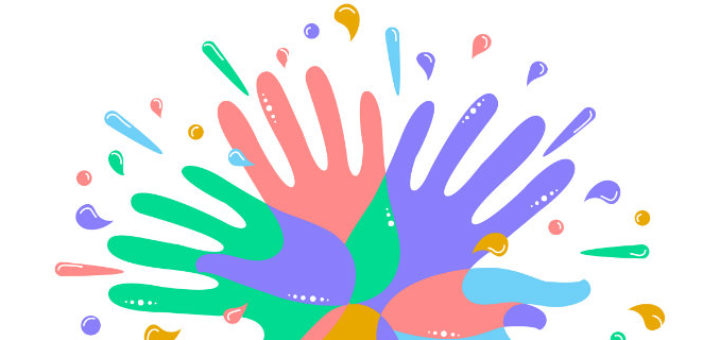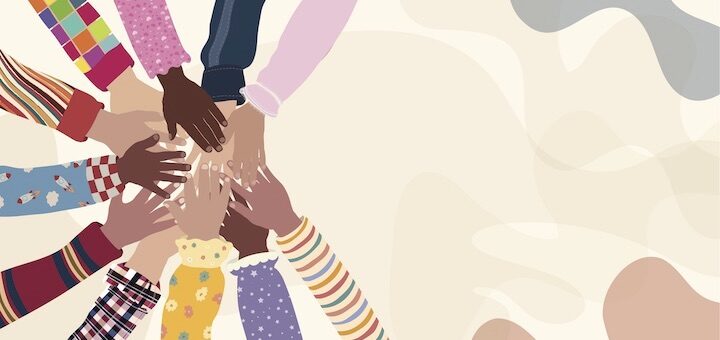Tagged: classroom management
For well over a decade MiddleWeb has shared helpful ideas for new middle grades and MS teachers. In this post we’ve selected recent articles along with several classics and book reviews that might be MOST useful before and during your first months in the classroom.
In Leading and Managing a Differentiated Classroom, Carol Ann Tomlinson and Marcia Imbeau offer new teachers and classroom veterans the rationale for designing instruction to meet diverse student needs – and the means to manage it in the real world, says Cathy Gassenheimer.
What can you and your students accomplish the last few weeks of school? In this MiddleWeb resource educators share activities that align learning with fun, offer ideas for responding to stress, and suggest strategies to help sustain your classroom community.
How can seasoned educators improve teacher retention rates? By helping new colleagues address two retention factors – student behavior and classroom climate – says middle grades veteran Sharon Ratliff. “Let’s show them how to manage their school of fish without being a shark.”
What’s waiting for you on the other side of the door? Lots of excitement, a few nervous moments, and faces filled with questions. Welcome back! We’ve rounded up lots of useful resources for your first days.
Beginning your first year as a middle level teacher? Our resource collection points to plenty of how-to advice – from our very own bloggers and guest writers as well as other outstanding sources – that will guide you through the first weeks of school and the semesters ahead.
What do your students believe about learning? Beliefs affect behaviors, and their perspective on failure is decisive. Teaching coach Barbara Blackburn examines 3 beliefs that impact the ability to learn and offers strategies to help students focus on growth.
Intentionally introducing humor, curiosity, enthusiasm, and optimism into each class is a low-tech, high-impact method to build resilience and attention. Stephanie Farley shares ways she’s engaged middle schoolers with elements like (live!) rolling mice and kid-made symbols.
The life skills students learn in our classes prepare them to thrive in the real world. Middle grades teacher Laleh Ghotbi shares some lessons from her effort to use weekly community-building circles in her classroom to help students learn to respect their differences and focus on common values.
Compassionate discipline calls us to action, writes SEL & the Brain expert Marilee Sprenger – actions much different from our usual vision of discipline. Showing compassion and managing our behavior can help our students recognize their own emotions and regulate themselves.

